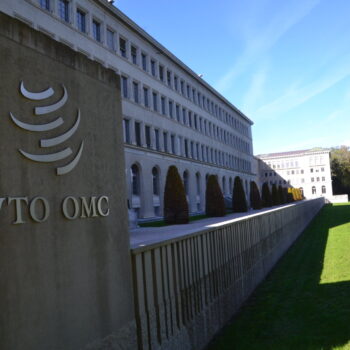The EU is currently debating new proposals for the research and innovation programme that will be implemented in 2021 (Horizon Europe). It has committed to using ‘mission-oriented policy making’ as a key tool to help improve the effectiveness of research and innovation investment.
There is a strong alignment between the political goals of the mission process and the policy challenge of decarbonising the energy system. The EU must grab this opportunity and set out missions related to this objective. However, it must recognise that success will depend on being open-minded about the need for regulatory change, creating a robust learning governance process, and the provision of adequate funding.
Missions represent a new departure for the EU research and innovation programme, and it is important to have clarity over what they are intended to deliver and how these outcomes are best achieved. A key political goal is that they capture the public imagination and engage citizens.
Delivery of the Paris Climate Agreement will depend critically on the rapid decarbonisation of the economy including the energy system. In turn, this will involve the mass deployment of measures that change the amount of energy people consume and the way they consume it. This will not happen unless the deployment process improves people’s lives and developing the necessary consumer ‘pull’ represents the key innovation challenge. Whilst there are aspects of decarbonising the economy that will require technology innovation, this is not about huge amounts of public money or clever new technology. Instead, it is about accelerating deployment and making it more predictable and appealing to consumers.
There is a clear overlap between the aims of the mission process and the needs of climate and energy policy. Grabbing this opportunity will require a new approach to research and innovation, increasing focus on exploring different regulatory and market solutions. It also requires a robust learning governance process that will deliver process efficiency and appropriate democratic accountability, ensure individual projects succeed in delivering learning, consolidate and process the learning, and provide recommendations for changes to the regulatory and market framework that will support mass deployment.
The core functions that the governance structure must deliver are decision making, individual project support, learning and stakeholder management. This report sets out how the governance process might be structured and what the various functions should entail.
Read the full report, Mission-based innovation for climate and energy: mission design and governance, here.


